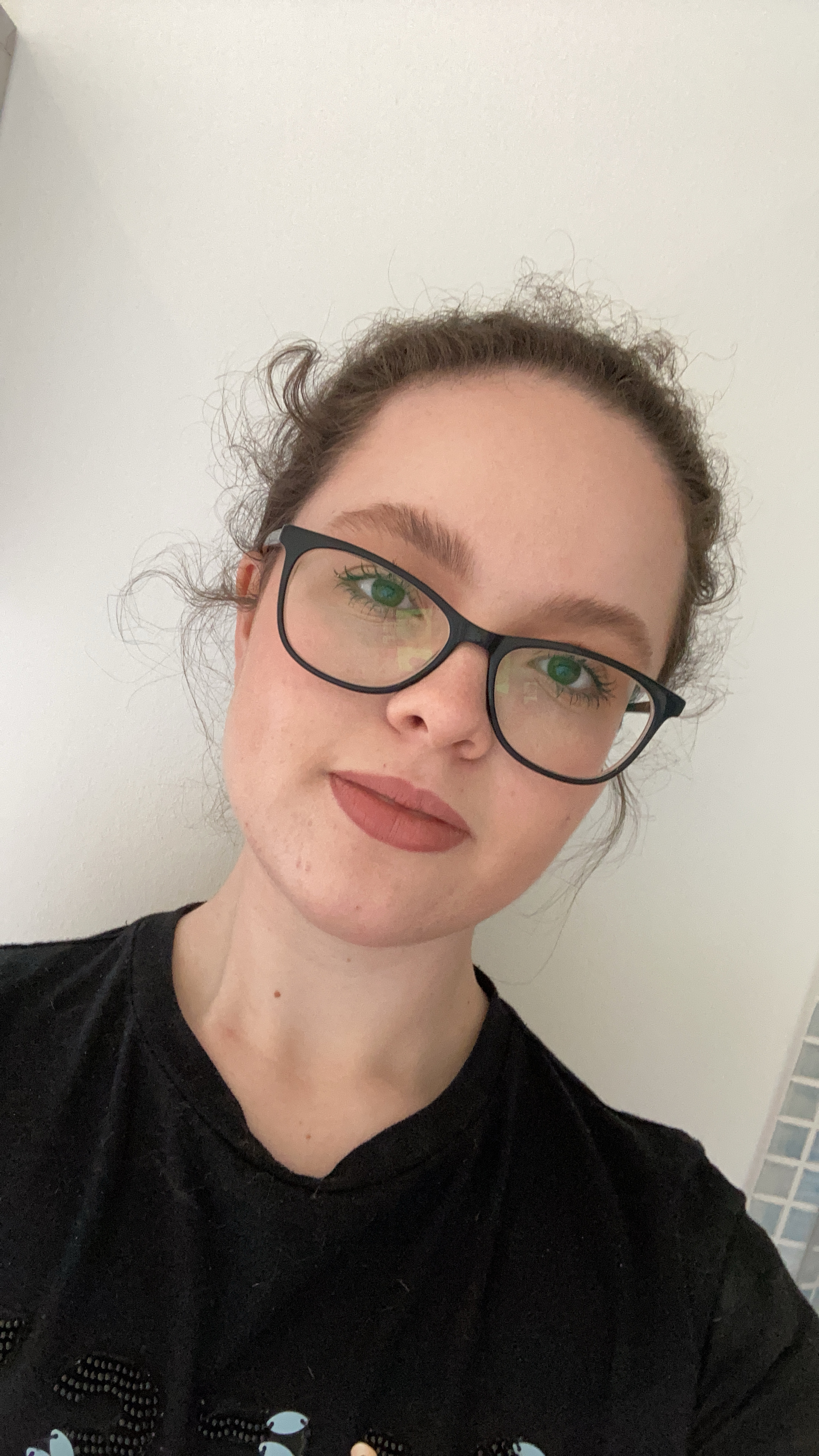The Homeless Vaccine Initiative
- Emily Erith

- Aug 11, 2021
- 3 min read

The Covid-19 Pandemic has been incredibly overwhelming for most people at some point over this nearly two-year-long ‘experience’. From learning to isolate yourself from the people you love the most, to altering your career or even having your job taken away. And the vaccination process has been no different, regardless of where you stand on being jabbed or not.
Most people would probably consider the vaccination process far from easy if that’s been deciding whether it’s right for you, or if it was waiting those weeks and months before the letter came through the door, or the endless phone calls you desperately made to your already strained GP practice – ultimately the process is not easy!


However, when you don’t have access to a mobile/landline, or an address that can receive post or be used to register to a GP practice the process is often far too complex to embark on, and thus the homeless population, and what’s vital to stress the often most vulnerable section of society, is forgotten about, as they slip through government policies and are forgotten by GP practices already bursting at the seams with staff under immense pressure.

Nonetheless, one recent and expanding initiative is mobile vaccination centres, that are directly focused on the homeless population. These are typically run by outreach workers who approach all homeless people in the area of the mobile hub for their free Covid-19 vaccination. A drop-in centre dedicated to homeless people. The vaccine not only dramatically reduces the chances of them being seriously ill but hands a homeless person back their freedom as Clothing Collective does through clothing vouchers!

One example is The mobile surgery run by Urban Village in Manchester but others have also popped up in Oldham, Liverpool, and London and are increasing monthly! In Manchester, they have vaccinated around 300 homeless people in three weeks, with this figure relying on various factors, including weather, area, and first and second jab discrepancy.
This figure is low when considering that some vaccine centres can do 300 vaccinations an hour, but the crux of the problem has been finding and maintaining contact for the second jab. With no mobile phones, mail addresses, or fixed locations homeless people are being forgotten. This is why these mobile centres are so vital, especially as many already suffer from chronic conditions and typically spend time in overcrowded spaces.
The vaccination process has been criticised by many, including Jon Sparkes the chief executive of Crisis, for its lack of clarity around homeless people’s right to a vaccine and how they can be effectively jabbed, and crucially double-jabbed. Homeless people are yet again facing the postcode lottery, if they are not in specific and often sporadic locations that have these mobile centres focused on homeless people then they are left at risk, while the rest of society is opening up. Their health is being left to chance.

There is a need for better guidance from the NHS and the government specifically on health inequalities and how local authorities should respond, as its currently resulting in a mixed response in which homeless people’s choice to take the vaccine is taken out of their hands. Homeless people are just as important as anyone and therefore, vaccinations should be equally as accessible to the homeless and the housed.

Urban Village has found that around 2/3 of those offered have accepted, as the scheme appears to be indicating that lower vaccine uptake in the homeless is not from objection but limited access! How many people relied on technology or a post box to gain access to a vaccine and thus mobile units directly aimed at the unhoused is one of the best options to providing health equality. Nonetheless, this does not solve the issue, as the current problem is the second jab! Without phones and fixed addresses doubling jabbing is a long and laborious process as homeless services work tirelessly to track down individuals making the uptake unintentionally and unavoidably slow within the homeless community.
This has resulted in some believing that one is better than none, or the 12-week gap being stretched or reduced, which is against government advice. Yet again homeless people are subject to lesser standards than the housed as a direct result of their social and economic positions, their health is compromised.
The government and the NHS are working on various models to try and solve this conundrum of access for the homeless, a problem that desperately needs solving to ensure the health of those living on the streets is not at risk because of their situation.
For further information on the Covid-19 vaccination, you can follow this NHS link: https://www.nhs.uk/conditions/coronavirus-covid-19/coronavirus-vaccination/coronavirus-vaccine/?gclid=CjwKCAjwpMOIBhBAEiwAy5M6YKRTJ1O1jVBZI5Umu6SUkrsgAV9zFOt_6dXaCqusuwWexzHM7SD9QBoCe70QAvD_BwE
If YOU would like to help those in need, you can make donations to the Clothing Collective [here]
Follow us on social media to keep up to date with everything surrounding Clothing Collective. Instagram - @clothing__collective, Twitter - @charityvoucher , Facebook - @clothingcollectiveuk

Comments